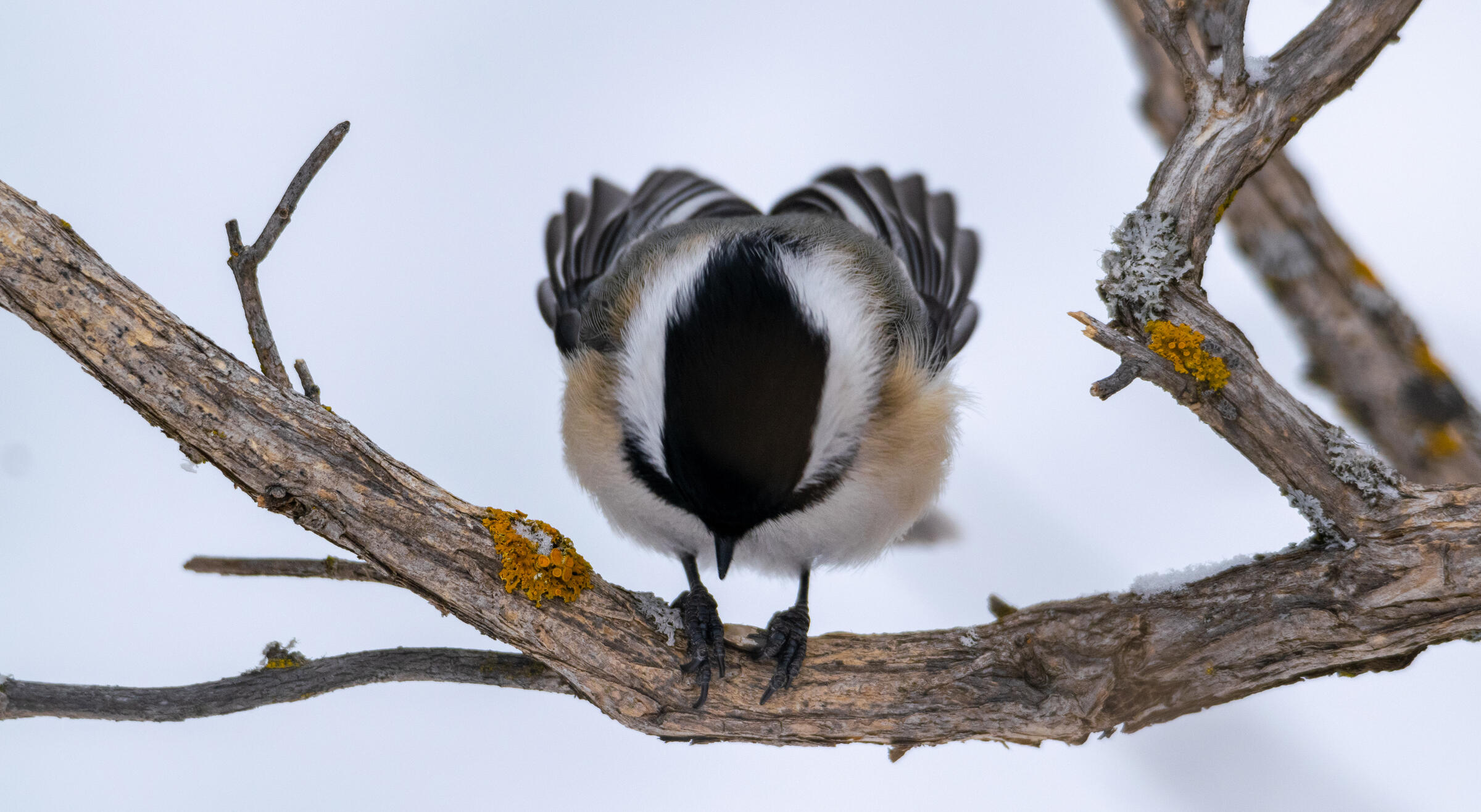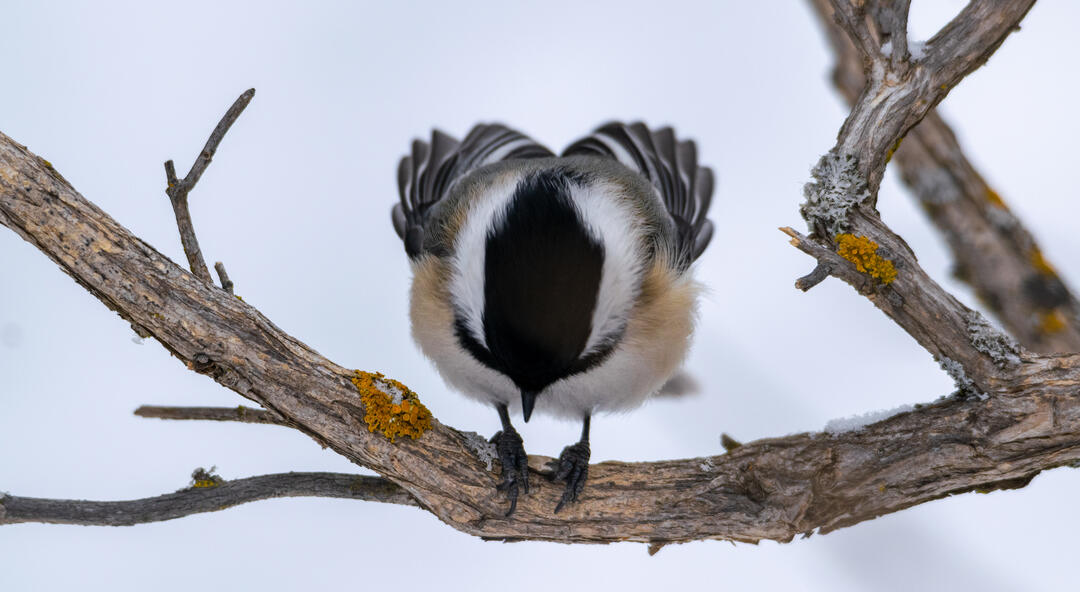S.148 (“An act relating to environmental justice in Vermont”), sponsored by Senator Kesha Ram Hinsdale has passed out of the Senate Committee on Natural Resources and Energy and, as of the time this article was written, is headed to the Senate floor the week of March 7.
Please contact your local legislators to let them know that you support Vermont House bill S.148.
Find your Vermont legislator: click here
In listening to testimony on S.148, I was reminded of a news report from a couple of years ago that drew attention to the importance of equity and justice in relation to environmental issues. The case, while not specific to Vermont, is symbolic of issues in the birding community, and the environmental field as a whole, across the nation.
On May 25, 2020, Christian Cooper was birdwatching in Central Park when he encountered Amy Cooper (of no relation to him), a woman walking her dog off leash. He asked her to put her dog on a leash in accordance with the park’s rules, and she declined to do so. Christian then offered her dog a treat, and she immediately and dangerously escalated the situation. Amy Cooper yelled at Christian and called 911, falsely stating: “there is an African American man—I am in Central Park—he is recording me and threatening myself and my dog. Please send the cops immediately.”
This incident sparked a national conversation and raised awareness within the National Audubon Society and the birding community more broadly about the long-standing and disproportionate barriers facing Black Americans, and other people of color, who seek to enjoy and benefit from nature. See It’s Time to Build a Truly Inclusive Outdoors by Corina Newsome. This event also occurred at a time when our nation, and the National Audubon Society, was in a period of reckoning, and we continue to seek to address systemic racism. Across the country, communities have had to confront racial injustice in the application of our criminal laws, as a result of events like the arrest and murder of George Floyd.
Within the Audubon community, not only did we see the risks of birding for Black Americans through the eyes of Christian Cooper, but we also were confronted with the racist legacy of John James Audubon. See What Do We Do About John James Audubon? By Dr. Drew Lanham. We find ourselves confronting the fact that access to nature may well depend upon your race, gender, sexual orientation, or identity.
Within this context, Audubon Vermont is pleased to support S.148, An act relating to environmental justice in Vermont. This bill is the most recent expression of a movement that began decades ago and is aimed at achieving equal distribution of environmental benefits and burdens amongst all communities, regardless of race, class, or other identifying factors. Historically, communities of color and lower socioeconomic status have been subject to disproportionate exposure to environmental burdens such as water and air pollution, proximity to landfills and hazardous wastes, and a lack of access to green spaces and fresh, local food production. Instances like the Flint Water Crisis and the PFOA contamination of Bennington’s drinking water supply are examples of the inequitable distribution of environmental burdens in communities that do not have power or resources.
In addition to being directly exposed to environmental burdens, communities of color tend to lack access to the outdoors and associated activities. Outdoor recreational activities are frequently out of reach for these communities and for many others, based on a variety of reasons including socioeconomic status, gender, and sexual orientation. Skiing, hunting, hiking, rock climbing, and even bird watching are often viewed as pastimes of the white and privileged, leaving many Americans feeling unwelcome from participating in outdoor recreation.
Attitudes are, however, beginning to shift, with many realizing how vital access to nature is for everyone. Access to fresh air and green spaces in any capacity has been proven to have tremendous benefits to mental and physical health, so these activities and opportunities cannot be limited to certain groups of people but must rather encourage and welcome participation from everyone. Due to the costs associated with equipment and travel, activities such as skiing and rock climbing can be prohibitive. Bird watching can be an accessible activity that everyone is able to participate in, regardless of location, ability, or level of income.
Climate change provides another critical reason to support S.148, and to demand that the Vermont state government take stronger action to work towards environmental justice. The effects of the warming planet will be felt by all people, species, and ecosystems, but those with fewer resources and a history of being underrepresented will feel a larger burden of the consequences. We have an opportunity and an obligation to include everyone in this vital work. Environmental problems cannot be solved by a few people in power and we have both an opportunity and responsibility to ensure that those with the greatest stake in a clean environment have a voice in finding solutions. See “A lot at stake: indigenous and minorities sidelined on climate change fight.”
The Vermont General Assembly has the opportunity to create a more inclusive and equitable system for all Vermonters. Recently passed by the Vermont Senate Committee on Natural Resources and Energy, S.148, an act relating to environmental justice in Vermont, would be an important step forward. The bill first defines environmental justice communities by a variety of factors, including BIPOC communities, limited English proficiency, and socioeconomic status. This language and method of defining these groups was contended during testimony and committee discussion, but it is the first step in a long process of refinement and implementation.
Introduced by long-time environmental justice advocate, Senator Kesha Ram Hinsdale, this bill would identify and map environmental justice communities throughout the state in order to reduce their exposure to environmental burdens and increase their access to environmental benefits through improved funding and aid opportunities. The bill would also require all state agencies to consider environmental justice concerns in their decision making and investments to prioritize the support of these populations. The goals of the bill are aligned with those found in the Climate Action Plan and the Global Warming Solutions Act, both working to build climate resilience in Vermont over the next ten years.
In the face of a global pandemic, it is more important than ever to ensure that communities are working together towards common, mutually beneficial goals, and environmental justice is one such target. The passage and enforcement of legislation such as Bill S.148 would help ensure that people have the freedom to enjoy the natural environment, regardless of race or socioeconomic status.
Audubon Vermont supports this legislation and is committed to ensuring that everyone can enjoy outdoor recreational activities. It is in the best interest of all that the environment is protected and equitably shared so that no group is left to bear the burdens of a degraded environment while others benefit from access to the places we are protecting. With the passage of this bill, Vermont will have the opportunity to become a more equitable state, and the movement towards generating climate resilience aligns with this goal. Help Vermont move towards a more inclusive transition by letting your local legislators know you support S.148.
Please contact your local legislators to let them know that you support Vermont House bill S.148.
Find your Vermont legislator: click here






